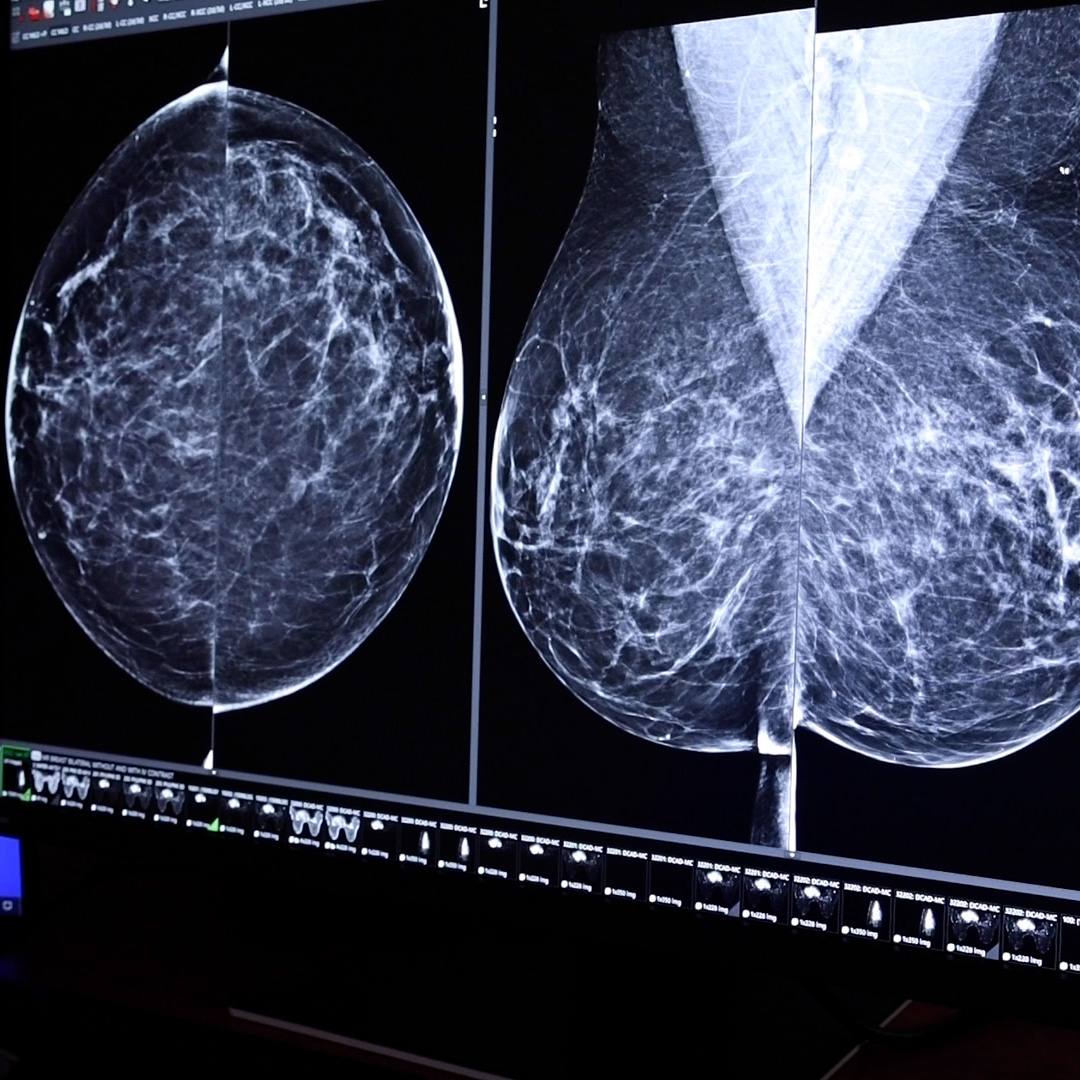-
Mayo Clinic Minute
Mayo Clinic Minute: What is heart disease?
The Centers for Disease Control and Prevention says heart disease is a leading cause of death is the U.S. And the risk of heart disease death differs by race and ethnicity.
February is American Heart Month. But what is heart disease? Dr. Sharonne N. Hayes, a Mayo Clinic cardiologist, explains.
Watch: The Mayo Clinic Minute
Journalists: Broadcast-quality video pkg (0:58) is in the downloads at the end of the post. Please courtesy: "Mayo Clinic News Network." Read the script.
"The heart keeps us alive, so having heart disease can be a very important factor in how long we live," says Dr. Hayes.
Heart disease is a big term referring to any disease of the heart, says Dr. Hayes. The most common cause is coronary artery disease, which refers to a buildup of plaque in the arteries. Over time, it can lead to narrowing of arteries and risk of a heart attack.
"A heart attack is when part of the heart muscle dies because it is deprived of blood flow or oxygen. And this can occur because it’s a blockage due to a blood clot or plaque, or it can be due to the heart having to work really, really hard that outstrips the oxygen supply," says Dr. Hayes.
She says most coronary artery disease is preventable.
"If you're smoking, stop. If you're a couch potato, get up and start taking 10- or 20-minute walks every day. Bump it up. Physical activity is medicine," says Dr. Hayes.
Know your cholesterol and blood pressure numbers, exercise, and maintain normal weight. These are all ways to help reduce your risk of heart disease.
For the safety of its patients, staff and visitors, Mayo Clinic has strict masking policies in place. Anyone shown without a mask was either recorded prior to COVID-19 or recorded in an area not designated for patient care, where safety protocols were followed.







